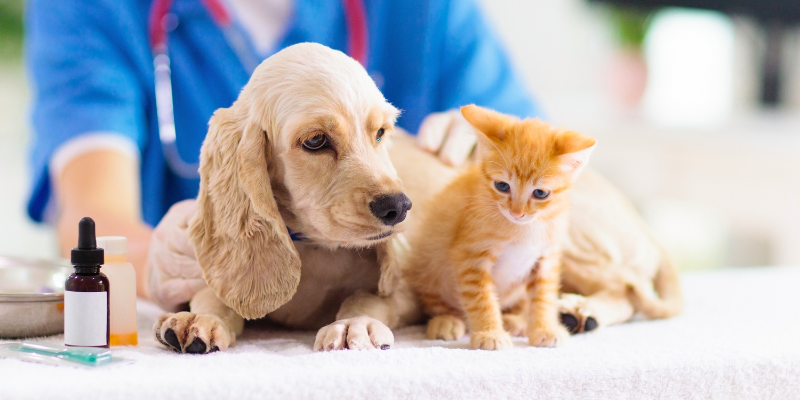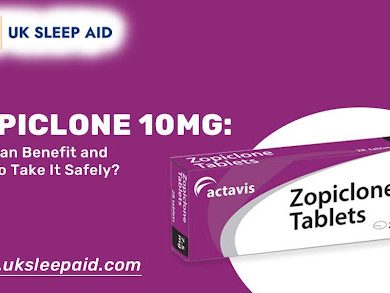Introduction
Vaccinating pets is a critical part of responsible pet ownership. Vaccines protect animals from life-threatening diseases and help prevent the spread of infections to other pets and even humans. Pet vaccination services provide professional care, ensuring that pets receive the appropriate immunizations at the right times.
With the wide range of vaccines available today, it is important for pet owners to understand which vaccinations their pets need, how frequently they should be administered, and where to find reliable vaccination services. Whether you own a dog, cat, or another pet, regular vaccinations can save lives and reduce long-term healthcare costs.
This article explores everything you need to know about pet vaccination services, their importance, the different types of vaccines available, and how to choose the best veterinary clinic for your pet’s vaccination needs.
The Importance of Pet Vaccination Services
Vaccinations work by stimulating a pet’s immune system to recognize and fight off specific diseases. Without vaccines, pets are vulnerable to infections that can cause severe illness, long-term health complications, or even death.
Disease Prevention
Pet vaccination services help prevent a range of highly contagious and often fatal diseases. Vaccines prepare the immune system to recognize harmful pathogens and fight them before they cause illness.
Protection for Other Pets and Humans
Many diseases that affect pets, such as rabies, can be transmitted to humans. By keeping pets vaccinated, owners also protect themselves and their communities from potential outbreaks.
Compliance with Legal Requirements
Certain vaccines, like rabies, are legally required in many regions. Pet vaccination services ensure compliance with local regulations and provide documentation that may be needed for travel, boarding, or daycare.
Financial Benefits
Preventing diseases through vaccination is far more affordable than treating an infected pet. Many serious illnesses require expensive medical treatments, hospitalization, and prolonged veterinary care. Regular vaccinations help avoid these costs.
Types of Vaccines Available for Pets
Vaccines are divided into core and non-core categories. The type of vaccines a pet needs depends on its species, age, lifestyle, and risk of exposure to certain diseases.
Core Vaccines
Core vaccines are essential for all pets, regardless of their environment or lifestyle. They protect against severe, widespread diseases.
Core Vaccines for Dogs
- Rabies – A fatal virus that affects the nervous system and can be transmitted to humans.
- Canine Distemper – A highly contagious virus that attacks the respiratory, gastrointestinal, and nervous systems.
- Parvovirus – A dangerous virus that causes severe vomiting, diarrhea, and dehydration.
- Canine Hepatitis – A viral infection affecting the liver and other organs.
Core Vaccines for Cats
- Rabies – As in dogs, rabies is fatal and requires vaccination by law in many places.
- Feline Panleukopenia (Feline Distemper) – A deadly virus that weakens the immune system.
- Feline Calicivirus – Causes respiratory infections, mouth ulcers, and pneumonia.
- Feline Herpesvirus – A major cause of upper respiratory infections in cats.
Non-Core Vaccines
Non-core vaccines are given based on a pet’s specific risk factors, such as lifestyle, location, and exposure to certain environments.
Non-Core Vaccines for Dogs
- Leptospirosis – A bacterial infection affecting the kidneys and liver, often spread through water.
- Bordetella (Kennel Cough) – A highly contagious respiratory infection common in social dogs.
- Lyme Disease – Transmitted by ticks, common in dogs that spend time outdoors.
- Canine Influenza – A respiratory virus that spreads in boarding facilities and dog parks.
Non-Core Vaccines for Cats
- Feline Leukemia Virus (FeLV) – A serious disease affecting the immune system.
- Chlamydophila Felis – A bacterial infection that causes conjunctivitis and respiratory issues.
- Feline Immunodeficiency Virus (FIV) – Weakens the immune system, similar to HIV in humans.
Finding the Right Pet Vaccination Services
Choosing a reliable veterinary service is crucial for ensuring pets receive the right vaccinations in a safe and comfortable environment.
Factors to Consider When Selecting a Pet Vaccination Service
Reputation and Experience
Look for veterinary clinics or pet vaccination centers with experienced professionals who specialize in pet healthcare. Reading reviews and asking for recommendations can help identify reputable services.
Range of Services
A good pet vaccination service should offer both core and non-core vaccines, as well as wellness exams to assess the pet’s overall health before administering vaccinations.
Affordability and Transparency
Cost is an important factor when choosing a vaccination service. Some clinics offer affordable vaccination packages, while others may provide pet insurance plans that cover vaccinations. Transparency in pricing is essential to avoid unexpected expenses.
Convenience and Accessibility
Consider the location and operating hours of the veterinary clinic. Mobile vaccination services and after-hours appointments can be beneficial for busy pet owners.
Compliance with Health Standards
Ensure the clinic follows strict hygiene and safety protocols when handling vaccines. Proper storage and administration of vaccines are essential for their effectiveness.
Vaccination Schedule for Pets
Vaccines are administered at different stages of a pet’s life. Following the correct schedule ensures that pets receive immunity at the right time.
Puppy and Kitten Vaccination Schedule
- First vaccinations are typically given at 6-8 weeks of age.
- Booster shots are administered every 3-4 weeks until 16 weeks old.
- Rabies vaccination is usually required at 12-16 weeks of age.
Adult Pet Vaccination Schedule
- Annual or triennial boosters are required for core vaccines.
- Non-core vaccines may be given annually, depending on the pet’s risk factors.
What to Expect During a Pet Vaccination Appointment
Pet vaccination services typically follow a structured process to ensure a smooth experience.
Pre-Vaccination Health Check
Before administering vaccines, veterinarians perform a physical examination to assess the pet’s health and determine if they are fit for vaccination.
Vaccine Administration
The vaccine is administered either as an injection or a nasal spray, depending on the type of vaccine. Most pets experience minimal discomfort.
Post-Vaccination Monitoring
After vaccination, pets are monitored for any immediate side effects, such as mild swelling, lethargy, or fever. Severe reactions are rare but should be reported to a veterinarian immediately.
Common Side Effects of Pet Vaccination
Most pets tolerate vaccinations well, but some may experience mild side effects. These usually resolve within a few hours or days.
Mild Side Effects
- Swelling at the injection site
- Slight fever
- Temporary lethargy
- Decreased appetite
Serious Side Effects (Rare)
- Allergic reactions, such as facial swelling or difficulty breathing
- Vomiting or diarrhea
- Collapse or seizures
If a pet shows any severe reactions, immediate veterinary care is necessary.
Conclusion
Pet vaccination services are essential for protecting pets from deadly diseases, reducing the spread of infections, and ensuring compliance with legal requirements. By choosing a reputable veterinary service and following a proper vaccination schedule, pet owners can provide their animals with a healthy and long life.
With numerous pet vaccination services available, it is important to select a reliable provider that offers comprehensive care, affordability, and convenience. Regular vaccinations not only safeguard pets but also create a healthier environment for everyone. By staying proactive and informed, pet owners can ensure their furry companions enjoy a lifetime of good health.




